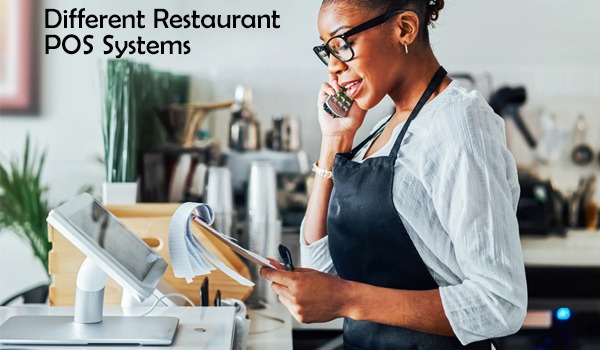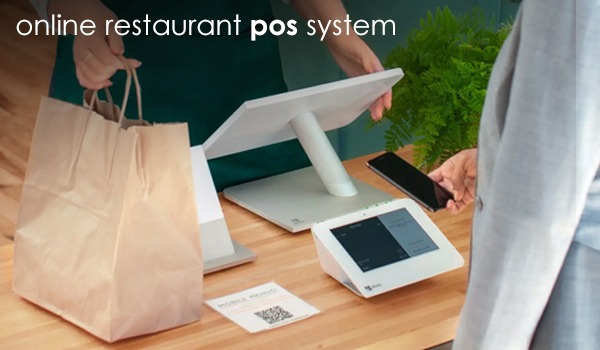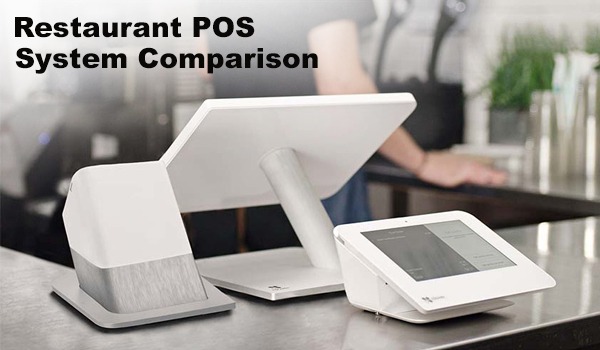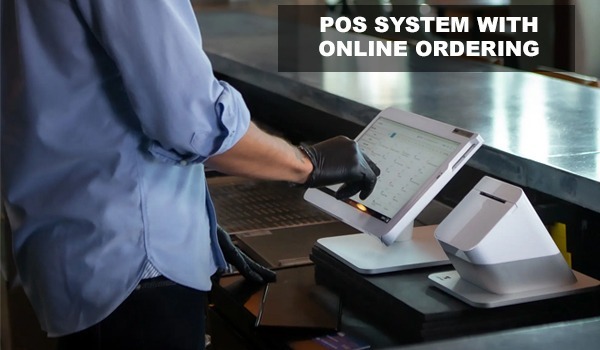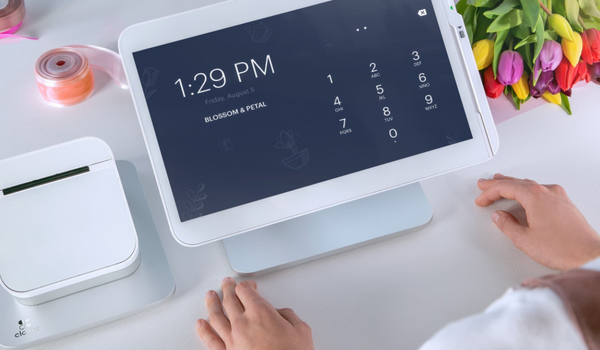
Restaurant pos iPad top rated
Restaurant POS (Point of Sale) companies provide specialized software and hardware solutions designed to help restaurants manage their daily operations more efficiently and effectively. The use of a POS system can help to improve customer service, reduce wait times, and increase sales while providing valuable insights into the business operations of a restaurant
Benefits of iPad-based POS systems
iPad-based POS systems offer a range of benefits for restaurants compared to traditional POS systems. Some of the key benefits include:
Cost-effective: iPad-based POS systems are often more cost-effective than traditional POS systems, as they typically require less hardware and maintenance.
Mobility: iPad-based POS systems offer greater mobility, allowing staff to take orders and process payments from anywhere in the restaurant.
User-friendly: iPad-based POS systems are often more user-friendly and intuitive than traditional POS systems, which can help to reduce staff training time and increase efficiency.
Customization: iPad-based POS systems offer greater customization options, allowing restaurants to tailor the system to their specific needs and preferences.
Integration: iPad-based POS systems can integrate with a range of third-party applications, such as online ordering and loyalty programs, to enhance the customer experience.
Top-rated restaurant POS iPad companies
Here are some of the top-rated restaurant POS iPad companies in the industry:
Toast
Toast is a cloud-based POS system designed specifically for the restaurant industry. Its features include order management, payment processing, employee management, menu management, and reporting. Toast also offers hardware solutions, such as terminals and kitchen display systems. Pricing starts at $69 per month per terminal and varies based on the size and needs of the restaurant.
TouchBistro
TouchBistro is a POS system created exclusively for eateries, which operates on iPads. Its features include order management, payment processing, inventory management, and reporting. TouchBistro also offers add-ons such as online ordering and loyalty programs
Square
Square is a popular payment processing company that also offers a free POS system for small businesses, including restaurants. Square's POS system includes features such as order management, payment processing, and reporting.
Revel Systems
Revel Systems is a cloud-based POS system designed specifically for the restaurant industry. Its features include order management, payment processing, inventory management, and reporting.
ShopKeep
ShopKeep is an iPad-based POS system designed for small businesses, including restaurants. Its features include order management, payment processing, employee management, and reporting. ShopKeep also offers add-ons such as inventory management and marketing tools.
Factors to consider when choosing a restaurant POS iPad company
When selecting a restaurant POS (Point of Sale) iPad company, several important factors must be considered. Here are some key points to keep in mind:
Functionality and Features: Evaluate the features and functionalities offered by the POS system. Ensure it meets your specific restaurant's requirements, such as order management, table tracking, inventory management, menu customization, and integration with other software systems.
User-Friendliness: The POS system should be intuitive and easy to use, even for staff members with limited technical expertise. Consider the interface design, navigation, and overall user experience to minimize training time and potential errors.
Scalability and Customization: Consider the scalability of the POS system. Will it be able to accommodate your restaurant's growth and expansion? Additionally, check if the system allows customization to match your unique business needs, including menu layouts, pricing options, and reporting capabilities.
Reliability and Stability: Look for a company with a reputation for delivering reliable and stable software. You don't want your POS system to crash during peak hours, leading to delays or lost orders. Read reviews, check references, and assess the system's stability and uptime track record.
Integration Capabilities: Evaluate the POS system's ability to integrate with other software and systems you use in your restaurant, such as accounting software, online ordering platforms, loyalty programs, or reservation systems. Seamless integration can streamline your operations and provide a better overall experience.
Security and Compliance: Ensure that the POS system prioritizes data security and compliance with industry standards, such as PCI DSS (Payment Card Industry Data Security Standard). Protect sensitive customer and business information by looking for features like encrypted transactions, user access controls, and data backup options.
Customer Support and Training: Consider the level of customer support provided by the POS company. Will they be available to assist you in case of technical issues or questions? Additionally, check if they offer comprehensive training materials and resources for your staff to learn how to use the system effectively.
Pricing and Cost: Evaluate the pricing structure of the POS system, including upfront costs, hardware expenses, ongoing fees, and any additional charges for extra features or support. Consider the return on investment (ROI) and assess whether the system's benefits justify the cost.
Reputation and Reviews: Research the reputation of the POS company by reading customer reviews, testimonials, and case studies. Look for feedback from other restaurant owners or operators to gain insights into their experiences with the system and the company's overall performance.By carefully considering these factors, you can make an informed decision when choosing a restaurant POS iPad company that best aligns with your specific business needs and goals.
Implementation and training for restaurant POS iPad systems
The process of implementing a restaurant POS iPad system typically involves several steps, including setup and installation, staff training, and ongoing support.
Setup and installation: The first step in implementing a POS system is setting up and installing the hardware and software components. POS companies typically provide installation services to ensure that the system is properly configured and set up for the specific needs of the restaurant.
Staff training: Once the POS system is installed, staff training is critical to ensure that employees know how to use the system effectively. POS companies often provide training sessions to teach employees how to use the system, including entering orders, processing payments, and generating reports.
Ongoing support: Even after the POS system is installed and staff is trained, ongoing support is important to ensure that the system is operating effectively and efficiently. POS companies typically provide customer support services to help restaurants troubleshoot any issues and optimize their use of the system.
Security and compliance for restaurant POS iPad systems
Here are some of the measures they use to maintain security and compliance:
Encryption: POS iPad companies use encryption technology to protect sensitive data such as credit card information and personal information.
User authentication: POS iPad companies require user authentication to ensure that only authorized users have access to sensitive data.
Data backup: POS iPad companies regularly back up data to ensure that it can be restored in the event of a data loss or system failure. This assists in mitigating data loss and minimizing periods of inactivity.
Compliance with data privacy laws: POS iPad companies must comply with data privacy laws such as the General Data Protection Regulation (GDPR) and the California Consumer Privacy Act (CCPA).
Vulnerability testing: POS iPad companies regularly perform vulnerability testing to identify potential security weaknesses in their systems.
By implementing these security measures and complying with data privacy laws, restaurant POS iPad companies can protect sensitive data and ensure the security and privacy of their customers' information
Conclusion
In summary, restaurant POS iPad companies offer a range of benefits for restaurants, including cost-effectiveness, mobility, user-friendliness, customization, and integration with third-party applications. When choosing a restaurant POS iPad company, owners and managers should consider factors such as features, ease of use, customization, hardware and software compatibility, and customer support. Implementation of a POS system involves setup and installation, staff training, and ongoing support, and owners and managers should plan, communicate with staff, take advantage of training resources, test the system, and monitor performance to ensure a smooth transition and maximize the benefits of the service.

